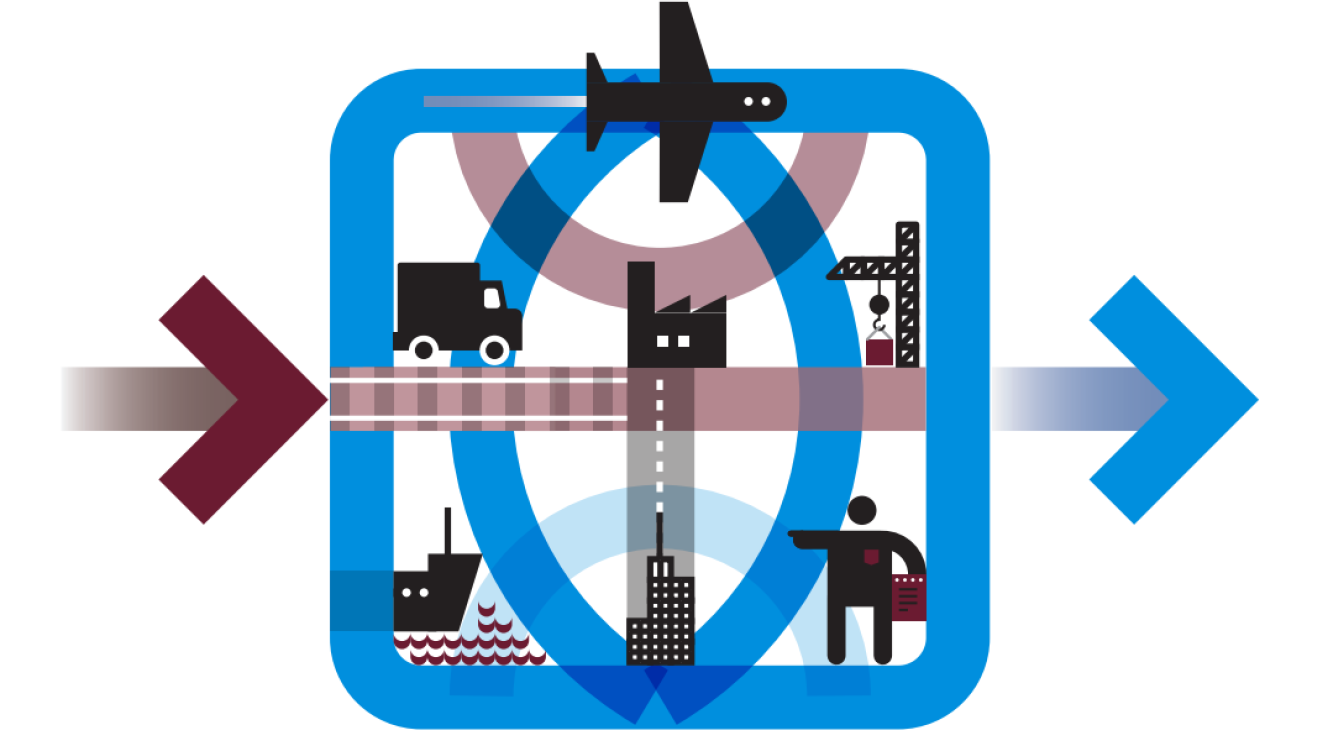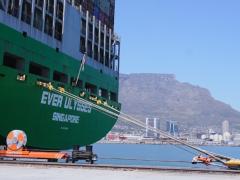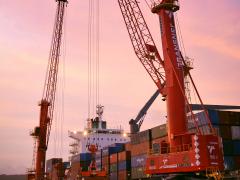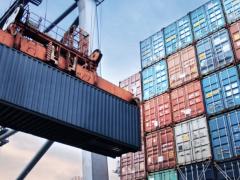South Africa, Egypt, Benin, Botswana, Namibia, Djibouti and Rwanda have rated better than Nigeria in the latest global Logistics Performance Index (LPI) report released by the World Bank.
The LPI is an interactive tool that helps countries to gauge the challenges they face and potential opportunities they can take to improve their trade and logistics performance.
The LPI report, ‘Connecting to Compete 2023: Trade Logistics in an Uncertain Global Economy’, looks into a country’s ability to transport goods across borders with efficiency and reliability. However, it comes after three years of supply chain disruptions due to the Covid-19 pandemic, resulting in abnormally long delivery times.
The report considers 139 countries, and measures the efficiency of creating reliable supply chain connections and corresponding structural requirements to facilitate logistic services, trade, transport infrastructure and border control. The maximum score is 5.0, with South Africa coming in 19th place globally and first on the continent, with a score of 3.4. In second place in Africa were Botswana and Egypt with a score of 3.1, placing them 57th globally. Botswana scored marginally better due to the efficiency of its customs.
Benin, whose ports are preferred by Nigerian importers due to their logistic efficiency, and Namibia, were placed 66th, Rwanda 73rd and Djibouti 79th, ahead of Nigeria.
With a score of 2.6, Nigeria, the Democratic Republic of Congo, Guinea Bissau and Mali were all placed in the 88th position globally. Along with these African countries, Bangladesh, Dominican Republic, Guatemala, Uzbekistan and Russia were also placed in the joint 88th position globally.
South Africa scored a 3.3 for customs, 3.6 for infrastructure, 3.6 for international shipments, 3.8 for logistics competence and quality, 3.8 for timeliness and 3.8 for tracking and tracing.
The LPI report placed Singapore in first place globally, with a score of 4.3, followed by Finland in second place with a score of 4.2.
The World Bank revealed that the data was collected between September 6 and November 5, 2022, containing 4 090 country assessments by 652 logistics professionals in 115 countries.
The report also highlighted the essential need for resilience and reliability for the performance of logistics. "Logistics are the lifeblood of international trade, and trade, in turn, is a powerful force for economic growth and poverty reduction. The LPI helps developing countries identify where improvements can be made to boost competitiveness," said the Global Director for Trade, Investment, and Competitiveness at the World Bank, Mona Haddad.
The LPI report found that, due to end-to-end supply chain digitalisation, developing countries were able to reduce port delays by up to 70%. Additionally, the call for decarbonisation in freight had resulted in up to 75% of shippers looking into more environmentally friendly options.
It also said, due to time spent on shipping, seaports, airports and multimodal facilities experienced delays. It encourages the introduction of policies aimed at improving these facilities’ clearance processes, investment into infrastructure, the adoption of digital technologies and motivating environmentally sustainable logistics, including reducing carbon-intensive modes of transportation and using more energy-efficient warehousing.
The report found that, on average, from the time a container left its port to the time it arrived at its destination port, there was a 44-day lapse, with a standard deviation of 10.5 days.
The report provides essential information for policymakers and stakeholders by identifying areas where countries can improve their logistics performance and competitiveness in the global market.













